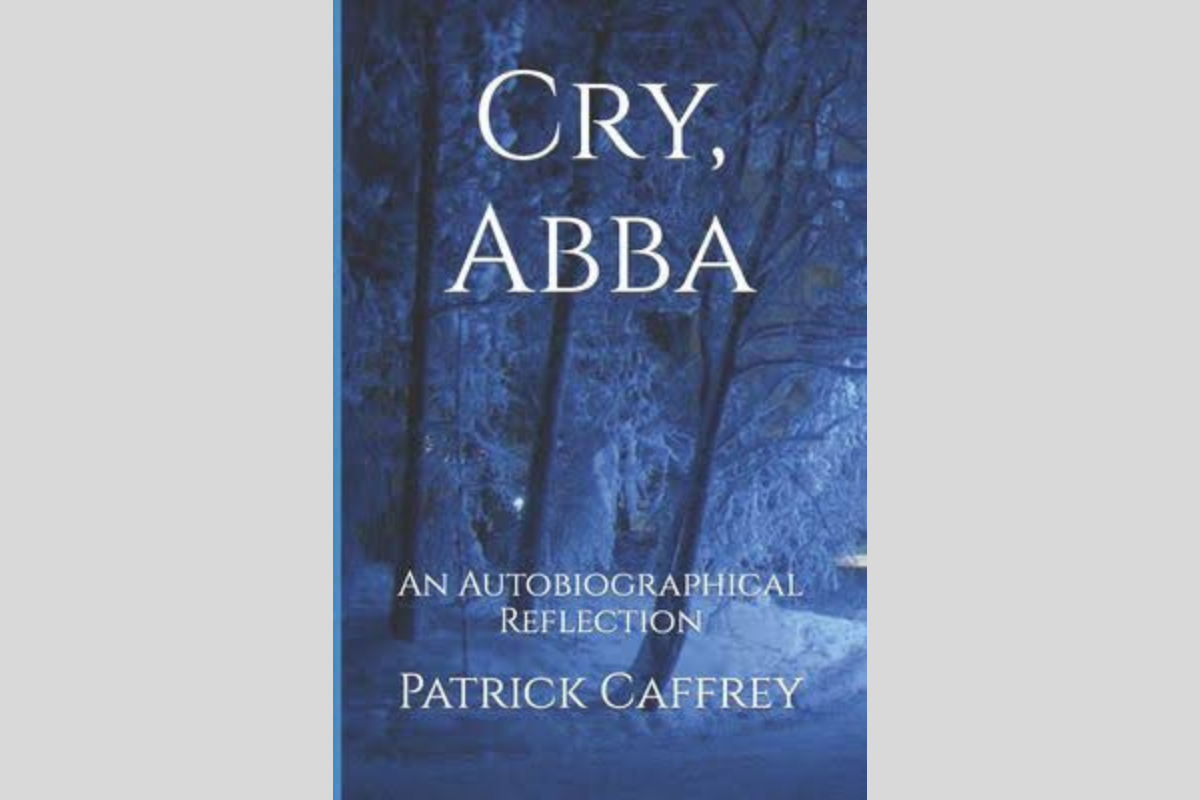by Patrick Caffrey, addictions counselor at Restoration Counseling of Atlanta
Hello. My name is Pat, and I’m an alcoholic.
A statement like this is heard regularly at Alcoholics Anonymous meetings, and when it is said, no one bats an eye. In fact, the response is a resounding Hi, Pat! and everyone seems to be saying we’re really glad you’re here.
On the other hand, we would expect a much different response if one made that disclosure while addressing the local blue-haired lady’s sewing circle, and one can’t even imagine stopping someone on the street and saying- guess what I am!
The Story of Recovery
However, sometimes to help bond with a client, I share this information about myself, and when I see his startled look, I’m always quick to assure him that I won’t be getting drunk as soon as he leaves the office, nor was I under the influence last night. In fact, I’m pleased to say that although the addiction nearly killed me long ago, by the grace of God, I haven’t had a drink in more than forty years. I refer to myself as a recovering alcoholic because the preponderance of evidence points to the fact that abstinence does not remove the chaos that awaits the addict who resumes drinking. In other words, quitting drinking won’t cure the alcoholic any more than parking a car will change the oil in the engine. But how are you at changing oil while going 90 miles an hour?
The Search for God
When it started to look like I was really serious about getting sober and planning to stay that way, people started urging me to tell my story. Despite the fact that I wouldn’t be here to tell any story were it not for the presence of a higher power in my life, for years, I avoided the job of putting the story to paper, partly because I was disinclined to do anything anyone else wanted me to do. I was even more opposed to the suggestion that it might be something the higher power wished me to do.
In Alcoholics Anonymous (AA), the term higher power is used to refer to the spiritual entity necessary for members of AA to attain sobriety and to be restored to sanity because they are powerless over alcohol- that their lives have become unmanageable. Early on, I was pretty much persuaded that all the power I needed was my own stubborn determination. Besides, obedience to anything smacked of reliance, which to me meant weakness. What escaped me was the fact that addiction itself is the height of reliance and dependency.
As time passed, the higher power continued to insinuate himself into my life until one day, a friend and therapist suggested that what I was resisting might be God. Lost as I may have been, and to quote an acquaintance from my days on the street who used to say- my mother raised drunks, not fools- I was not about to lock horns with the deity, no matter how silent and unseen he might be. And so I began to think about trying to find God, who had been so quiet and invisible in my life.
As the days and weeks and months and years of not drinking accumulated, the search for God became the very heart of my recovery. I even gave one of my books the subtitle May You Find Him Now. Today I can say without a doubt that recovery from alcoholism is a search for God, and the search cannot begin until the drinking stops completely.
The Writing of Cry, Abba
Cry, Abba (the title is taken from Paul’s letter to the Galatians 4:6) chronicles the events which God used to lead me to himself, beginning with painful moments of early childhood through years of active addiction and homelessness and loss, while struggling for survival on Miami’s skid row, and at last to the hope that a decision to enter the field of counseling would bring me happiness.
Cry, Abba was a difficult book for me to write because it called to mind so many things I wanted to forget. But the God who promised never to leave me would simply not leave me alone. He relentlessly called me to counsel persons struggling with addiction who told me stories to break my heart, and made me remember things I had been trying to forget.
One quiet winter night, I stood beneath some birches, and as I watched the whispering, falling snow, his voice came. This is what I heard then and what I wrote in the closing lines of Cry, Abba.
You were called to suffering, and you fled down godless ways. You fought for survival while the enemy mocked you with the promises of Christ. When your cries seemed to go unheard, you knew despair. Surely your god had destined you for darkness, and you suffered without mercy. But when the leper came to you, you touched him—because you remembered. In all remembered suffering lies the hope of glory. Let this be your treasure; keep this in your heart. I am the leper. You have found me.
May I also add another resource that may encourage you: Greater Power: May You Find Him Now.
Patrick Caffrey, LPC, is a therapist at Restoration Counseling of Atlanta in Roswell, Georgia, where he counsels adults who struggle with alcoholism and other forms of substance abuse, as well as related family issues. These include adult children of alcoholics (ACOA) and codependent persons. Pat has also written and published three books addressing the subject of addiction. His books are available through www.amazon.com or may be purchased at the Roswell office.

